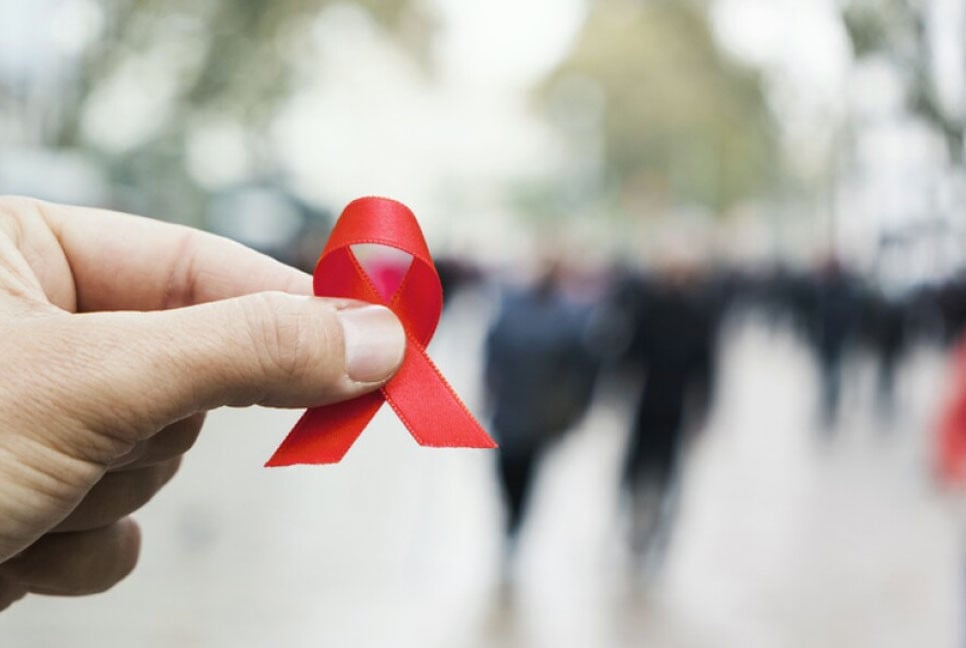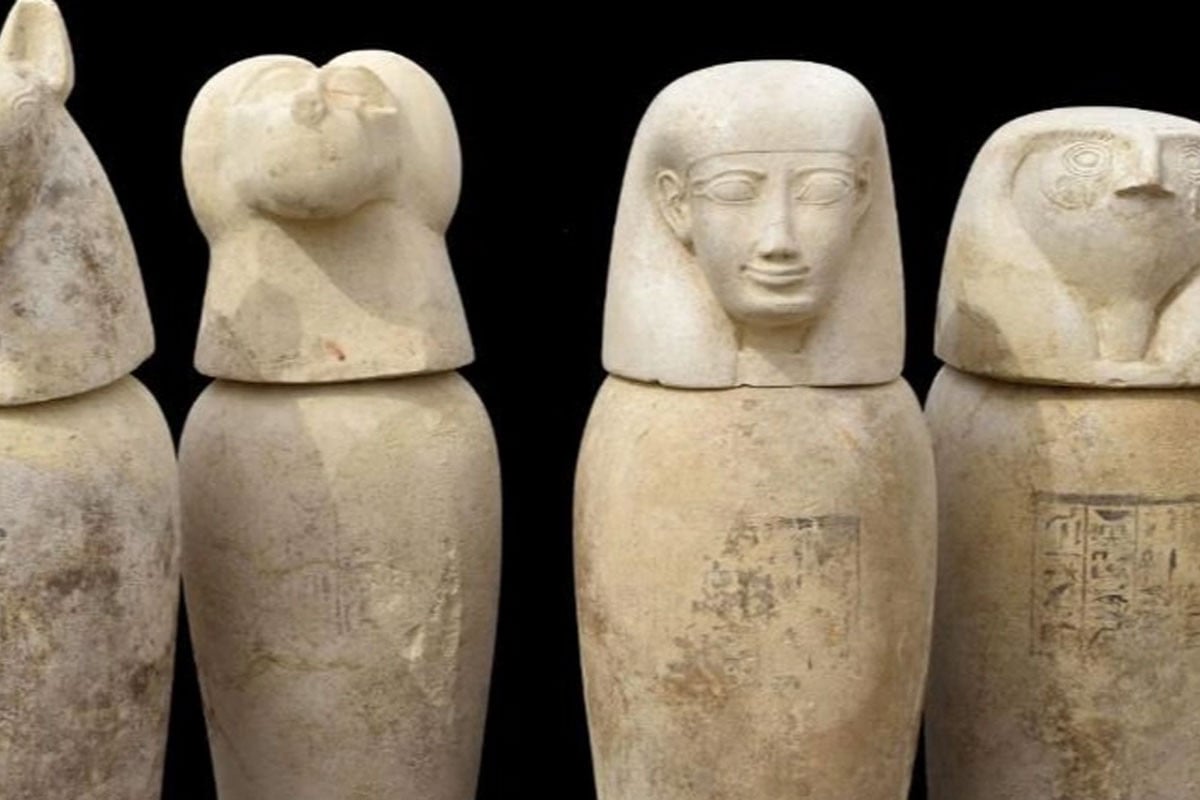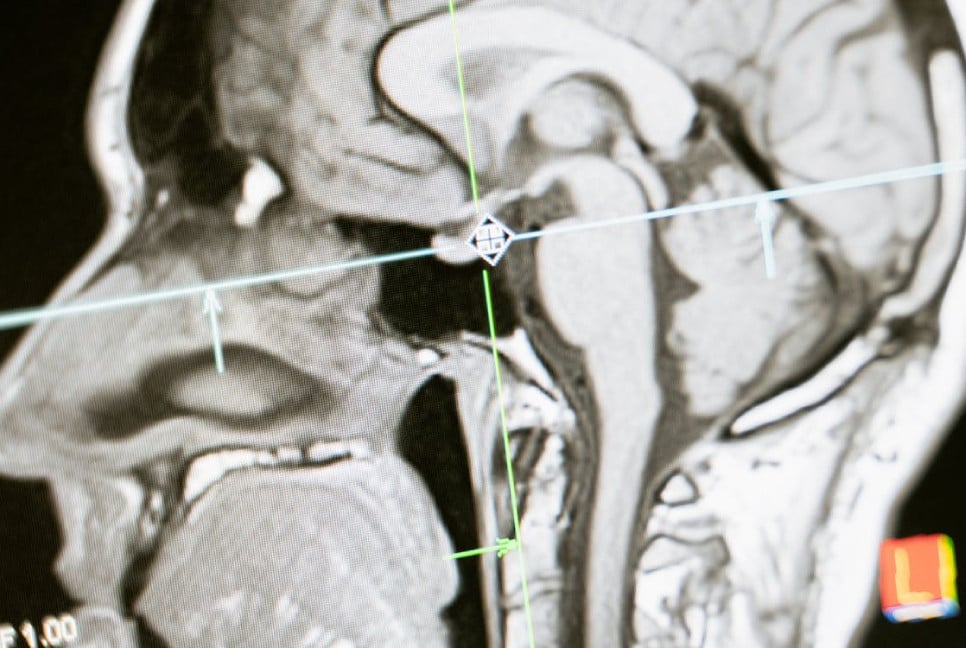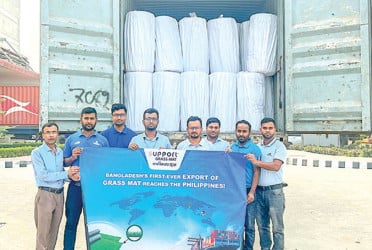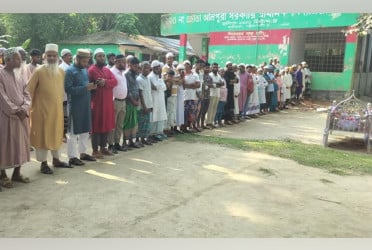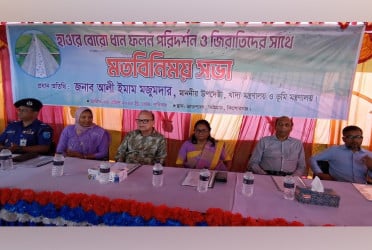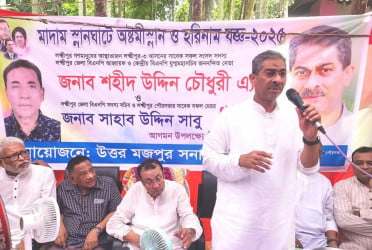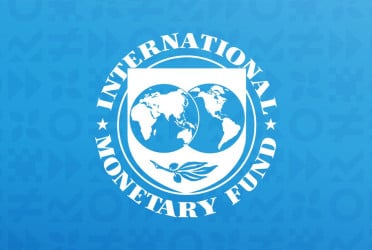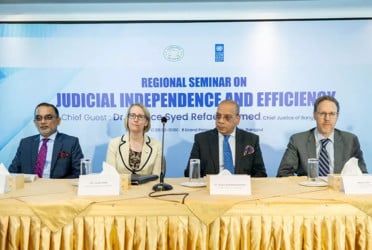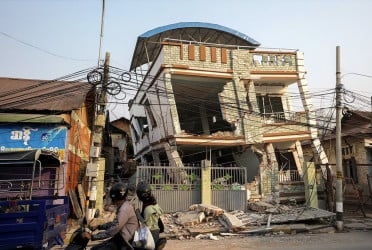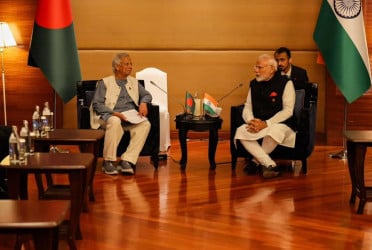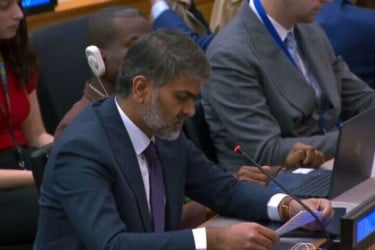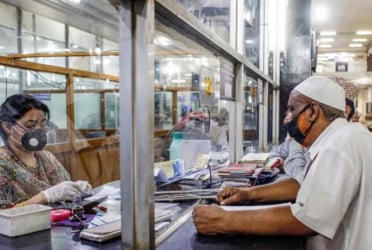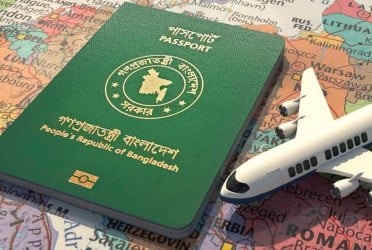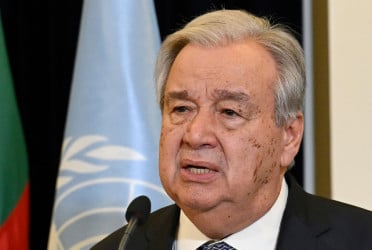The World Health Organization (WHO) is convening a Guideline Development Group (GDG) to create new guidelines for the use of injectable lenacapavir as pre-exposure prophylaxis (PrEP) for HIV, along with updated recommendations for optimizing HIV testing services for long-acting prevention products. These updates underscore WHO’s commitment to addressing the evolving needs of public health, particularly for populations disproportionately affected by HIV, and improving global access to high-quality HIV prevention and testing services.
On Monday, WHO confirmed that the GDG members will review systematic reviews, evidence summaries, and technical updates, and propose new recommendations. They will also participate in a virtual GDG meeting scheduled for January 28-30, 2025.
The primary goal of this meeting is to establish WHO guidelines that will serve as a normative framework for implementing lenacapavir, a new HIV prevention product, and for optimizing HIV testing delivery models for both existing and new long-acting prevention options. The specific objectives include: evaluation of injectable Lenacapavir that is to assess the efficacy, safety, and acceptability of injectable lenacapavir as an additional PrEP option for populations at high risk of HIV infection, supporting its inclusion in combination HIV prevention strategies.
Another one is the evidence-based HIV testing guidance; It is for providing evidence-based recommendations on HIV testing protocols for individuals using long-acting PrEP options like lenacapavir, covering initiation, continuation, and discontinuation, with a focus on low-resource settings.
In line with WHO’s guidelines for developing recommendations, the GDG will consist of experts from all WHO regions. Members have been selected based on their technical expertise, experience as end-users (such as program managers and healthcare providers), and their representation of affected communities. Importantly, GDG members will contribute in their personal capacities and will not receive financial compensation for their involvement in the process.
These efforts are part of WHO's broader strategy to enhance HIV prevention and testing services globally, particularly for those most at risk, and to continue advancing towards better HIV care and control worldwide.
Bd-pratidin English/ Jisan

